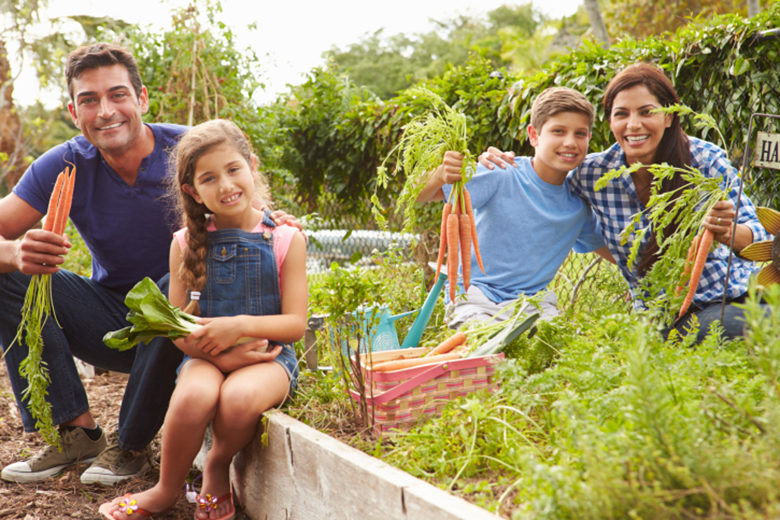
The list of everyday planet-saving tactics seems to grow longer with each passing year. First we walked to work, carpooled and recycled our plastic. Now we're bringing reusable grocery bags to the supermarket, changing out our light bulbs and planting trees.
All these practices are small ways everyone can do their part to make caring for the environment a priority. One frequently forgotten globe-sustaining ingredient that could shift our focus in the right direction is our food.
In a world obsessed with the quickest, cheapest, most convenient food trends, it's easy to forget how genuinely organic and simple-to-sustain our food used to be. It doesn't have to be complicated. Here are three tips that can help you do your part to turn our world's attention back to the quality of food we produce, sell and consume.
Shop the Perimeter
Shopping at your local farmers market is great. Or, if there aren't any local markets in your area in spring, you can still make a green choice in your local grocery store. Stay toward the outer edge of the store, where you'll find the healthier staples. Purchase fresh produce, meat and dairy products, and avoid heavily processed and packaged goods as often as possible.
Start a Community Garden
We all know gardening is good for the environment. Take it a step further and make it a community effort. It's more than likely that one or more of your neighbors knows a thing or two about gardening. Even those who have never planted a seed in the ground before can find a way to contribute.
You can do much more than planting trees in the park. Designate a publicly accessible place to plant and choose a set of vegetables or herbs that will grow well in your location. Turn it into an opportunity to educate community members — even school-aged children — about the positive impact gardening can have on the planet. When it comes time to harvest, make it a community celebration!
Cook with More Home-Grown Ingredients
Whether you harvest them from your shared community plot or your own backyard or even from a window box, home-grown vegetables and herbs are an essential part of practicing healthier and more sustainable food preparation. Anything you grow and use in your own recipes is one less thing that has to be shipped and sold.
Make it a goal this season to include a fresh ingredient from your own garden in at least one meal per week. If it's your first time gardening, don't be discouraged if your vegetables are small, or don't look the way they do in the store. You grew your own food! You will improve with practice, and though it might not look like it on the outside, eating food you grew yourself is both satisfying and delicious.
Everyone is capable of caring for the world. Whatever cause you choose to support, making it part of your lifestyle only strengthens the impact. Since food is already a daily part of life, there's no better way to show the Earth you care than by promoting the growth and consumption of as many local, organic ingredients as possible.
It's worth the time. It's worth the effort. We only get one Earth; let's make it thrive.

